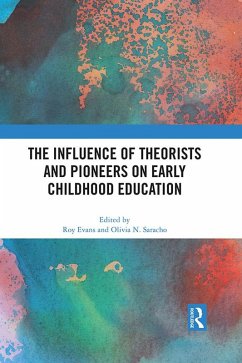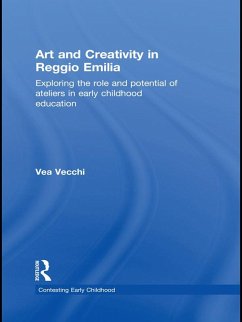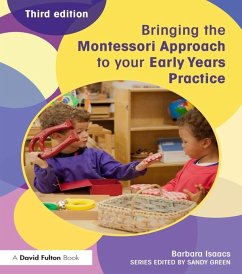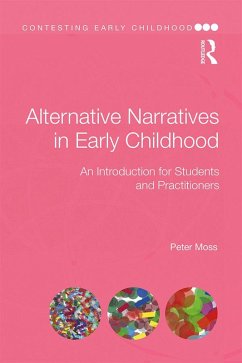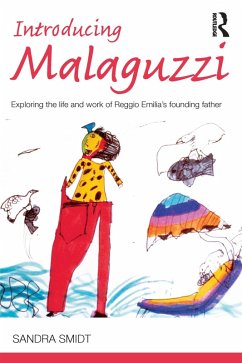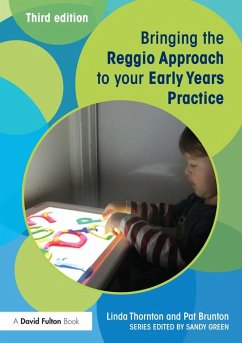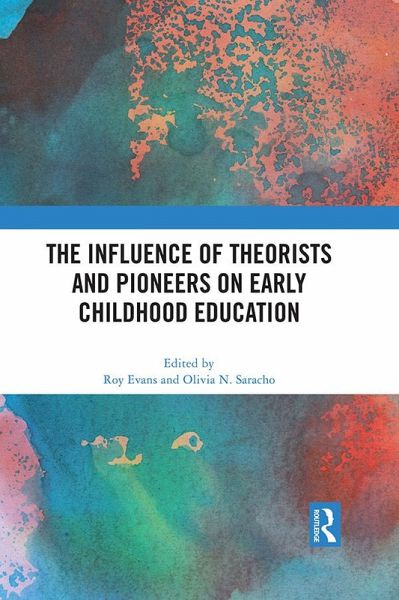
The Influence of Theorists and Pioneers on Early Childhood Education (eBook, ePUB)
Versandkostenfrei!
Sofort per Download lieferbar
39,95 €
inkl. MwSt.
Weitere Ausgaben:

PAYBACK Punkte
20 °P sammeln!
The chapters in this book reflect on the major shifts in the views of early childhood thinkers and educators, who have contributed to contemporary theoretical frameworks pertaining to early childhood learning. The book also revisits and critically analyses the influence of developmental theories on early childhood education, starting in the 1890s with the work of G. Stanley Hall that established the close association of early childhood education and child development. Several chapters comprise critical examinations of the fundamental influence of thinkers such as Piaget, Vygotsky, Kohlberg, Ad...
The chapters in this book reflect on the major shifts in the views of early childhood thinkers and educators, who have contributed to contemporary theoretical frameworks pertaining to early childhood learning. The book also revisits and critically analyses the influence of developmental theories on early childhood education, starting in the 1890s with the work of G. Stanley Hall that established the close association of early childhood education and child development. Several chapters comprise critical examinations of the fundamental influence of thinkers such as Piaget, Vygotsky, Kohlberg, Adler, Pestalozzi, Froebel, and so on, on early childhood learning. The book also contends that these theoretical conceptions of child development have heavily influenced modern views of early childhood education.
This book is a significant new contribution to early childhood learning, and will be a great resource for academics, researchers, and advanced students of Education, Public Policy, History of Education, Psychology, and Sociology.
The chapters in this book were originally published as a special issue of the Early Child Development and Care.
This book is a significant new contribution to early childhood learning, and will be a great resource for academics, researchers, and advanced students of Education, Public Policy, History of Education, Psychology, and Sociology.
The chapters in this book were originally published as a special issue of the Early Child Development and Care.
Dieser Download kann aus rechtlichen Gründen nur mit Rechnungsadresse in A, B, BG, CY, CZ, D, DK, EW, E, FIN, F, GR, HR, H, IRL, I, LT, L, LR, M, NL, PL, P, R, S, SLO, SK ausgeliefert werden.




